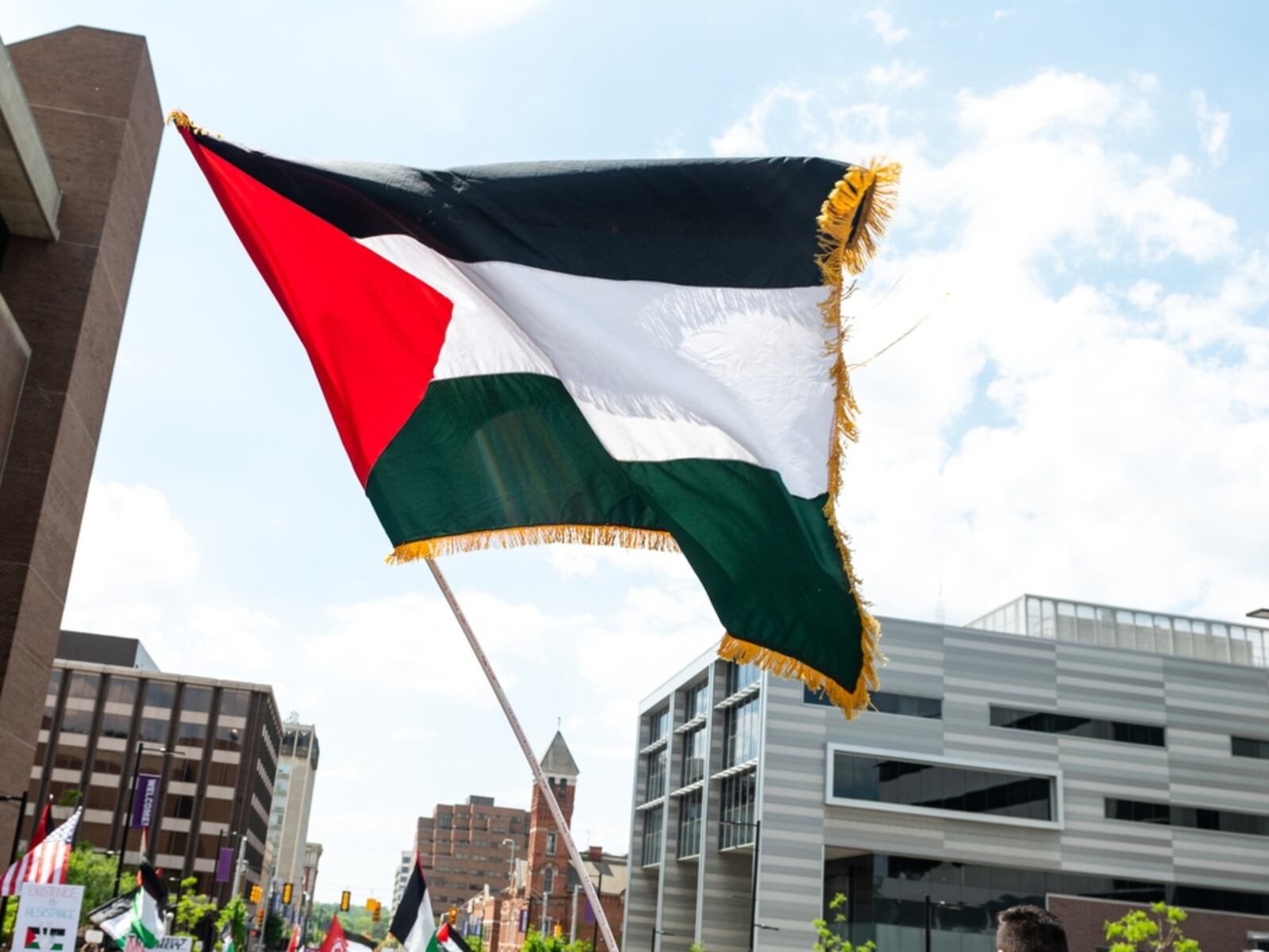UPDATE: An event featuring Palestinian author Jenan Matari has been abruptly canceled by Watchung Booksellers in Montclair, New Jersey, following a backlash from the local Jewish community. The cancellation, announced just days before the scheduled story time on September 14, 2023, has sparked outrage and discussions about freedom of expression and safety concerns in literary spaces.
According to Matari, the bookstore’s decision was influenced by complaints that led to threats against staff and customers. In her Instagram post, she revealed that individuals, including a rabbi, harassed the bookstore’s employees and inundated them with emails demanding the cancellation. One email labeled Matari’s work as “xenophobic” and accused her of promoting “hate, violence, death, and destruction of innocent people.”
In an official notice sent to customers, Watchung Booksellers cited “concerns from our community” and the “safety of our staff and customers” as the reasons for the cancellation. A store representative declined to comment further on the situation.
Matari, whose book Everything Grows in Jiddo’s Garden explores themes of displacement and connection to one’s homeland, expressed her dismay at being labeled a danger to the community. “I didn’t appreciate being framed as the danger to the community when it was actually the zionists who put the community in danger,” Matari stated, emphasizing the emotional impact of her work, which she described as “my family history.”
The controversy comes at a critical time, as over 64,000 Palestinians have reportedly been killed in ongoing conflict in Gaza, escalating tensions around narratives of identity and belonging. The event’s cancellation has drawn attention from various groups, including Jewish Voice for Peace of Northern New Jersey, which, alongside other organizations, is now planning a separate event to support Matari.
Montclair’s mayor and police chief have not yet responded to inquiries regarding the threats made against the bookstore. The ongoing debate highlights the urgent need for dialogue around freedom of expression, especially in the context of literature that addresses complex and often painful histories.
Matari’s work is not just a personal reflection but a necessary narrative in the current global discourse. “When you take Palestinian books off your shelves or cancel events with Palestinians, you’re robbing children of the opportunity to learn a very valuable perspective on the world they’re inheriting,” she asserted in a video directed at other booksellers.
As the situation develops, attention remains focused on how cultural institutions navigate community pressures and the implications for authors of diverse backgrounds. The cancellation of Matari’s event serves as a reminder of the ongoing struggles for representation and understanding in a polarized society.
Stay tuned for more updates on this developing story as it unfolds.
